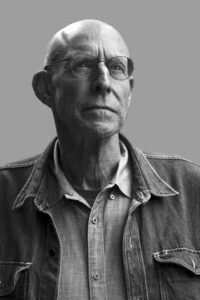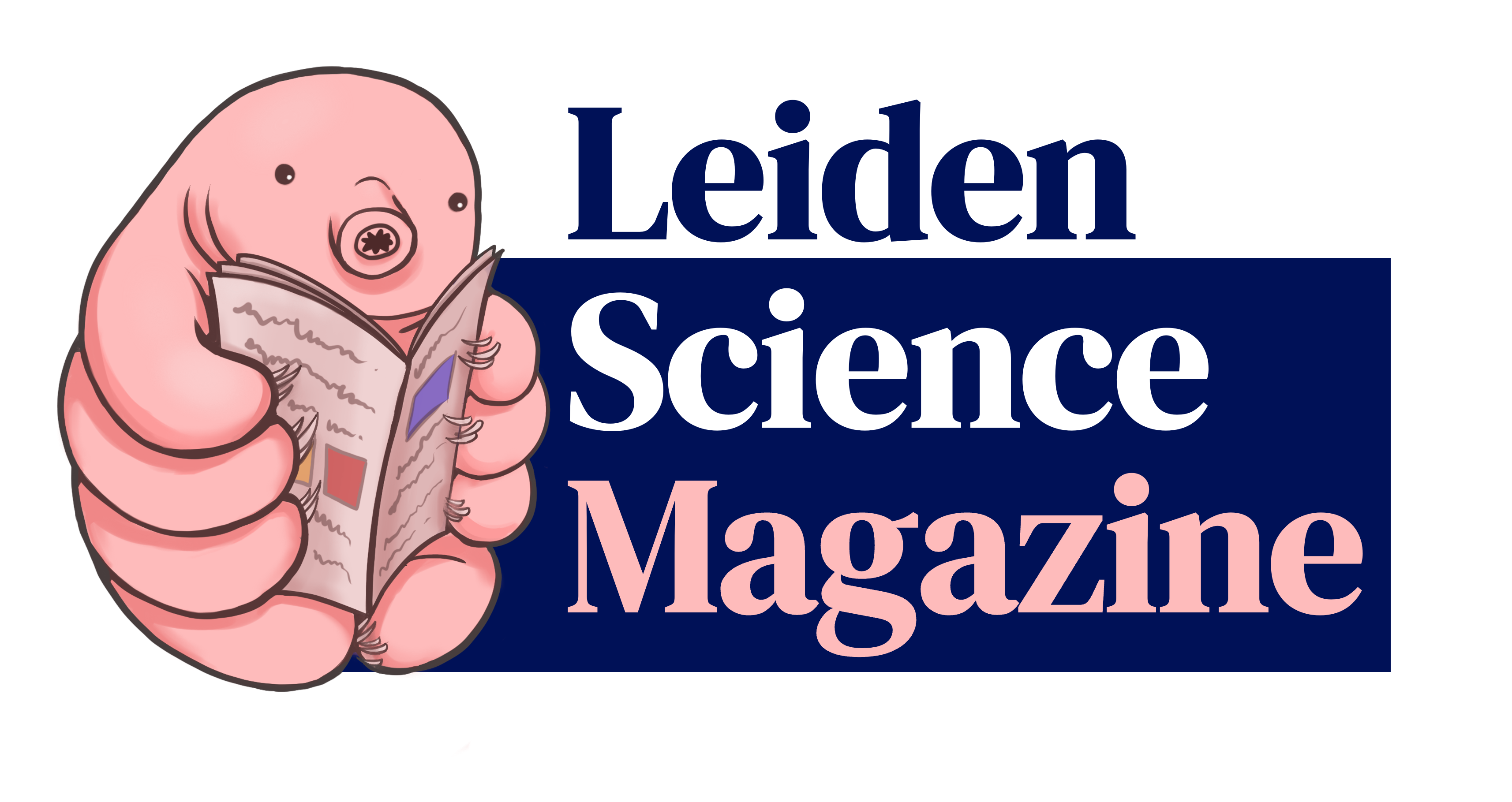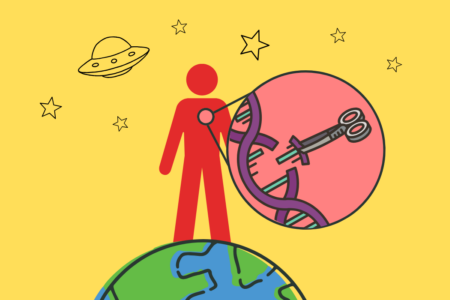The vicious cycle of coffee
If you have ever been to one of the many libraries in Leiden University you may have noticed the amount of students that might be holding cardboard cups with the smell of coffee coming from it as they pass you by. How has this drink become such an important part of the daily life of students?
Coffee is first and foremost one of the top psychoactive drugs known today. We might not even think of coffee as a drug because it has become so carefully knitted into our routines. Whether you drink coffee to start your day or to stay awake during one of your many library study sessions, it seems impossible for us to imagine a world without coffee.

Michael Pollan, author of six New York Times bestsellers, wrote about the invisible addiction to caffeine and gave excellent insights into how coffee has become rooted as a part of European culture.1 While writing his article, Pollan quit coffee cold-turkey to analyze the long-term effects of drinking coffee on a daily basis.
After quitting coffee, he experienced withdrawal symptoms, which according to researchers he interviewed, is a process that begins overnight. He explains that this is the reason why the first cup of coffee (or tea) is the most powerful, since your body is actively anticipating the ingestion of caffeine to supress withdrawal symptoms. The reason why caffeine fits so well into our circadian rhythm is because caffeine itself is the solution to the problem it creates; the first cup arrives just at the perfect moment to be able to push back the hardship of caffeine withdrawal.1
Caffeine has such a strong effect on our bodies because caffeine molecules interfere with the accumulation of adenosine in the brain, a molecule that prepares you for rest. The caffeine molecules bind to the adenosine receptors in the brain which means your brain will receive the message that you are no longer tired. In the meantime, the amount of adenosine molecules is still accumulating. So as soon as the caffeine molecules have sent their signal, your body will be flooded with extreme tiredness. Bluntly put, the energy we think we get from caffeine is actually just a part of a vicious cycle! In order to break this cycle we would ideally, have to quit caffeine “cold turkey” and deal with the withdrawal symptoms for a little bit of time before our bodies adjust.
Nonetheless, the long term effects of coffee and tea can offer some surprising benefits to our health, so long as we consume them in moderation. Frequent consumption of coffee could decrease the risk of certain types of cancer such as breast, prostate and colorectal cancers, as well as decrease the risks of cardiovascular disease, type 2 diabetes and dementia. It is however argued that caffeine can also increase anxiety in certain people, so these statements are to be interpreted with a certain degree of caution.2
So how do you think caffeine affects your health? Did this help you in defining your own relationship to coffee?
References: [1] Michael Pollan. (2022, July 19).https://michaelpollan.com/abou... [2] Pollan, M. (2021, July 6). The invisible addiction: is it time to give up caffeine? The Guardian; The Guardian.
https://www.theguardian.com/fo...






0 Comments
Add a comment